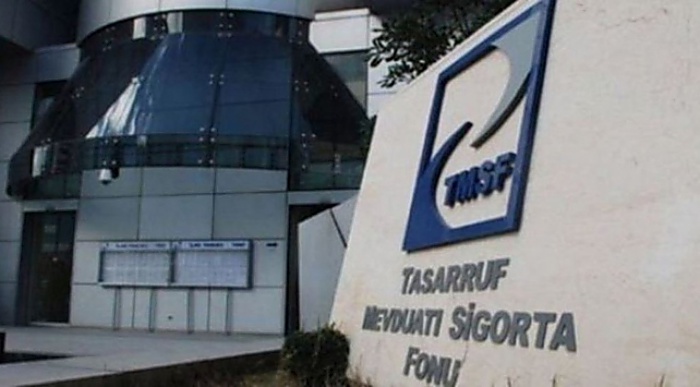The annual activity report of Turkey’s state-run Savings Deposit Insurance Fund (TMSF) has revealed that the institution examined the financial records of 4,357,671 people starting from August 2016 until the end of 2020 as part of investigations into the Gülen movement, the Stockholm Center for Freedom reported.
According to the report, information on 712,927 people was requested by courts, prosecutors and police departments. Information about an additional 3,644,744 individuals, comprising civil servants and military personnel and their spouses and children, were requested by government institutions as part of probes into the movement.
The TMSF took over the Gülen movement-affiliated Bank Asya, one of Turkey’s largest commercial banks at the time, in May 2015 as part of Turkish President Recep Tayyip Erdoğan’s crackdown on the movement. The bank was declared bankrupt and was shut down a week after an abortive putsch on July 15, 2016.
Erdoğan has been targeting followers of the Gülen movement, a faith-based group inspired by Turkish cleric Fethullah Gülen, since the corruption investigations of December 17-25, 2013, which implicated then-Prime Minister Erdoğan, his family members and his inner circle.
Dismissing the investigations as a Gülenist coup and conspiracy against his government, Erdoğan designated the movement as a terrorist organization and began to target its members. He locked up thousands including many prosecutors, judges and police officers involved in the investigation as well as journalists who reported on them.
Erdoğan intensified the crackdown on the movement following the coup attempt that he accused Gülen of masterminding. Gülen and the movement strongly deny involvement in the abortive putsch or any terrorist activity.
Following the abortive putsch, the Turkish government declared a state of emergency and carried out a massive purge of state institutions under the pretext of an anti-coup fight. Having a bank account at Bank Asya was considered a reason for dismissal from the civil service and/or membership in a terrorist organization.
More than 130,000 civil servants, including 4,156 judges and prosecutors, as well as 29,444 members of the armed forces were summarily removed from their jobs for alleged membership in or relationships with “terrorist organizations” by emergency decree-laws subject to neither judicial nor parliamentary scrutiny.



